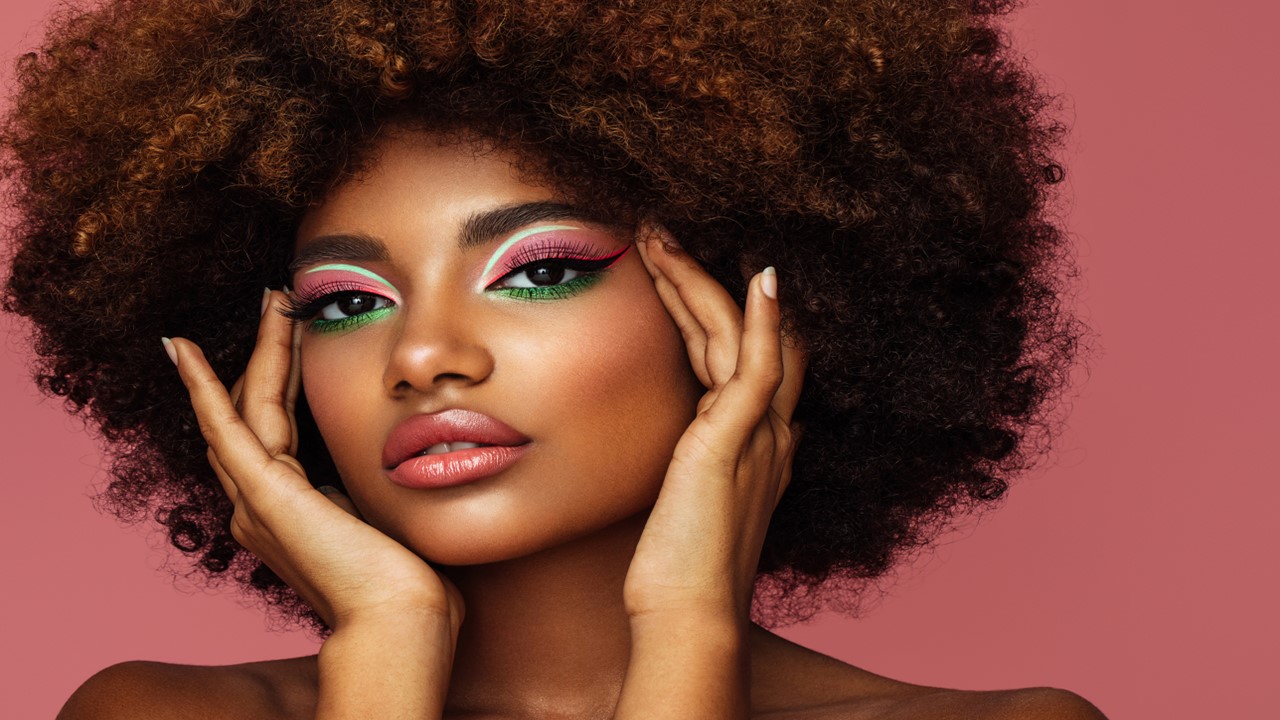The good-looking people are likable. No doubt. They entice us with their physically attractive appearance. We also tend to fall in love with beautiful women and handsome men. They look cool and perfect in everything.
A Stereotype of Beauty
Our initial perception of others and interaction with them substantially rely on their appearance (e.g., Berscheid & Walster, 1974; Li et al., 2013). We hold a pervasive and influential stereotype: “What is beautiful is good” (Dion, Berscheid, & Walster, 1972; Hatfield & Rapson, 2000; Lemay et al., 2010; Lorenzo et al., 2010).
However, studies have shown that this stereotype is less powerful and less general than we are used to thinking (Eagly, Makhijani, et al., 1991). It is also culturally specific (for a review, see Swami & Furnham, 2008). The stereotype is present in many cultures, yet its content varies according to their cultural values (e.g., in individualistic and collectivistic cultures). What is beautiful is culturally good (Wheeler & Kim, 1997).
Mating and Dating Value of Beauty
Physical attractiveness has great mating value. Studies have shown that it significantly predicts dating and romantic relationships (Poulsen, et al., 2013; Walster, Aronson, Abrahams, & Rottman, 1966). Good-looking people are more confident in romantic situations (Hatfield & Rapson, 2000).
A study with a large national sample in Spain (Sangrador & Yela, 2000) showed that the beauty of a potential partner strongly motivates a person to engage in sporadic as well as long-term relationships. Partners with attractive physical appearances prompt not only our sexual attraction but also passion, intimacy, commitment, and idealization. Thus, falling in love occurs due to the idealization of the loved one, which involves many positive and negative emotions and favorable subjective associations.
Is Physical Appearance Important for the Young or for the Old People?
Another study of two samples in the Netherlands and Germany (De Raad & Doddema-Winsemius, 1992) found that young and single people especially value the physical attractiveness and good looks of a prospective partner. Older people are more motivated by a desire for home and children, chastity, and ambition.
Is Physical Appearance Important For Women or For Men?
Many studies have found that men consider the physical attractiveness of their mates to be of greater value than women do (see, for review, e.g., Buss, 1994; Feingold, 1990). It sounds like common sense. Women know this very well and tend to beautify themselves. The women strive to make a good impression on men as well as on other women.
While among humans, women tend to care more about their beautiful appearance compared to men, these sex differences are just opposite in some other species (Prum, 2017). Among birds, for instance, Mother Nature encourages males to beautify themselves more than females do.
Evolutionary psychology tends to contend that these sex differences are cross-culturally universal (e.g., Buss et al., 1990; Buss, 1994; Buss & Barnes, 1986). The findings, however, did not always consistently support this implication.
Multiple findings across many studies (Langlois et al. 2000) have shown no gender differences in the importance of attractiveness. Women favor attractive men, not less than those with resources.
Besides, situations of real interaction with potential mates, such as speed dating, showed that men and women value a partner’s good looks equally highly (Eastwick, Eagly, Finkel, & Johnson, 2011).
Moreover, species and cultures differ in this respect, which can have different effects on mating relations depending on ecological, social, and cultural contexts (Karandashev, 2017). Local ecological conditions may also play their roles (Cunningham & Barbee, 1991).
